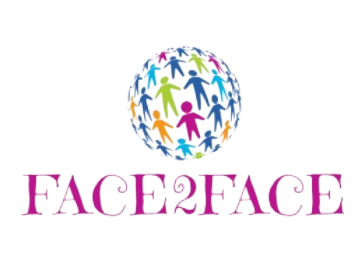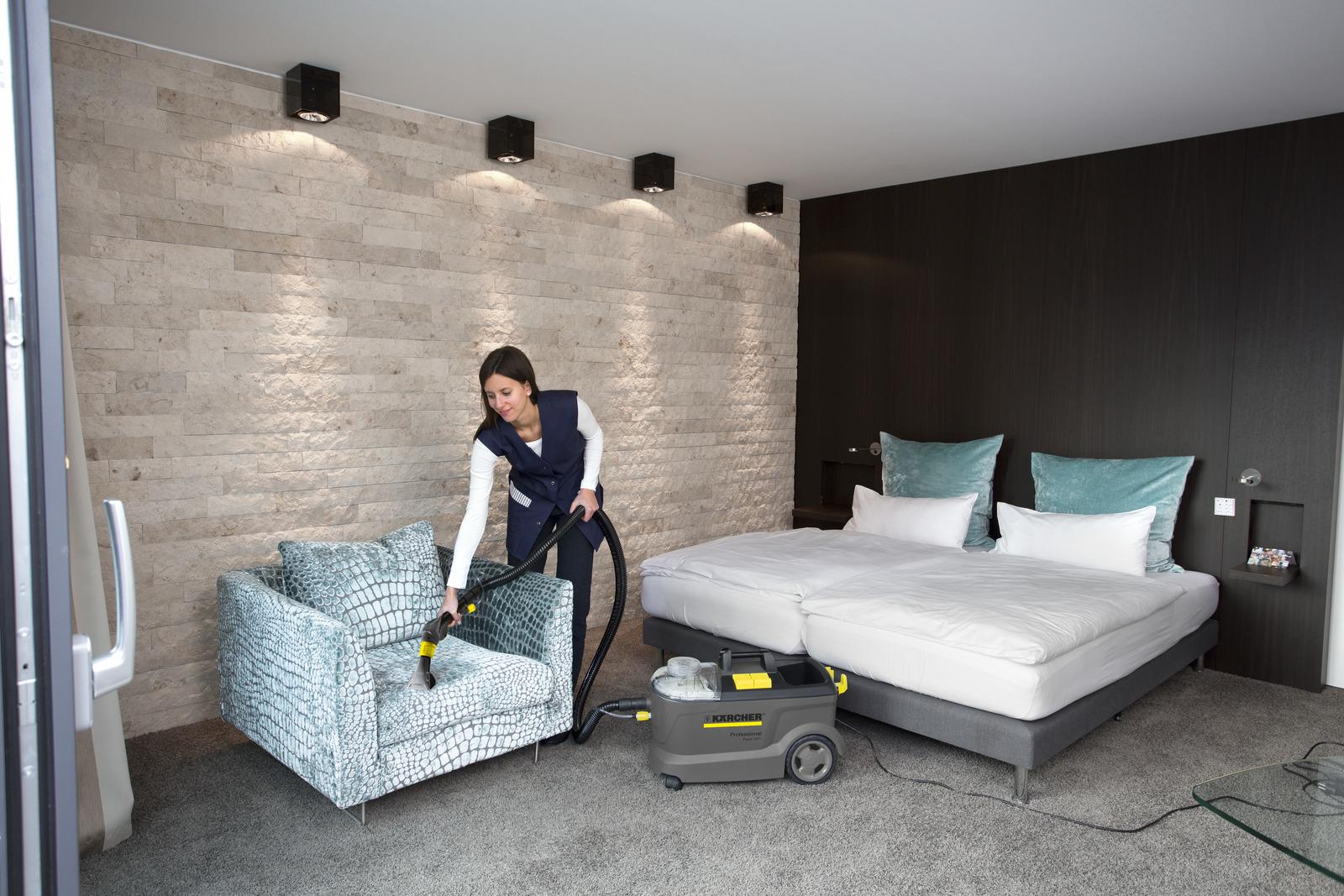Why Mattress Cleaning Is Crucial
A mattress can harbor allergens, dust mites, dead skin cells, and bacteria over time. Regular mattress cleaning helps to:
- Reduce Allergies: Dust mites and allergens are common culprits of respiratory issues and skin irritations.
- Improve Sleep Quality: A clean mattress provides a fresh and inviting sleeping environment.
- Extend Mattress Lifespan: Regular maintenance prevents wear and tear, ensuring your mattress stays in great condition for years.
- Enhance Air Quality: Removing debris and allergens reduces the accumulation of particles in your bedroom air.
How Often Should You Clean Your Mattress?
The frequency of mattress cleaning depends on several factors, such as usage, allergies, and the presence of pets. However, as a general guideline:
- Vacuum your mattress every month.
- Deep clean it every six months.
- Spot-clean stains immediately.
- Use a mattress protector to minimize the need for frequent cleaning.
Step-by-Step Guide to Mattress Cleaning
1. Gather Your Cleaning Supplies
Before you start, ensure you have the following items:
- Vacuum cleaner with an upholstery attachment
- Baking soda
- Mild detergent or upholstery cleaner
- Warm water
- Clean clothes or sponge
- Essential oils (optional)
2. Vacuum Thoroughly
Use a vacuum cleaner to remove surface dirt, dust, and hair. Focus on seams, crevices, and edges where debris tends to accumulate.
3. Spot Clean Stains
For stains, mix mild detergent with warm water and dab the affected area using a clean cloth. Avoid soaking the mattress, as excess moisture can lead to mold growth. For tougher stains, consider using a specialized upholstery cleaner.
4. Deodorize with Baking Soda
Sprinkle baking soda evenly across the mattress surface. Baking soda helps to neutralize odors and absorb moisture. Leave it for at least 30 minutes or longer for best results, then vacuum it off thoroughly.
5. Air Dry Your Mattress
Ensure your mattress is completely dry before remaking your bed. If possible, place it in a well-ventilated area or near a window to speed up drying.
6. Protect Your Mattress
Invest in a high-quality mattress protector to shield your mattress from spills, stains, and allergens. Wash the protector regularly to maintain cleanliness.
Natural and DIY Mattress Cleaning Solutions
If you prefer eco-friendly methods, consider these natural remedies:
- Vinegar and Baking Soda: A mixture of white vinegar and baking soda can effectively remove stains and odors.
- Essential Oils: Add a few drops of lavender or tea tree oil to baking soda before sprinkling it on your mattress for a fresh scent and antimicrobial benefits.
- Hydrogen Peroxide: Use it sparingly to tackle tough stains, but test a small area first to avoid discoloration.
Common Mistakes to Avoid in Mattress Cleaning
- Over-Wetting: Using too much water can lead to mold and mildew.
- Using Harsh Chemicals: Strong chemicals can damage the fabric and irritate sensitive skin.
- Ignoring Stains: Address stains immediately to prevent them from setting in.
- Skipping Regular Cleaning: Neglecting maintenance can lead to a buildup of allergens and odors.
Professional Mattress Cleaning Services
While DIY methods are effective, professional mattress cleaning services can provide a deeper clean. Experts use advanced techniques such as steam cleaning and UV light treatment to eliminate bacteria, dust mites, and allergens. Consider hiring a professional if:
- Your mattress hasn’t been cleaned in years.
- You’re dealing with severe stains or odors.
- You have allergies or respiratory issues.
How to Maintain a Clean Mattress
- Use a Mattress Protector: A waterproof protector is especially useful for families with kids or pets.
- Rotate Your Mattress: Rotating your mattress every three months ensures even wear.
- Keep Pets Off the Bed: This reduces the accumulation of pet hair and dander.
- Avoid Eating in Bed: Minimize the risk of spills and crumbs.
- Wash Bedding Regularly: Clean sheets and pillowcases help maintain overall mattress hygiene.
Signs It’s Time to Replace Your Mattress
Even with regular mattress cleaning, all mattresses have a lifespan. Replace your mattress if:
- It’s over 8-10 years old.
- It’s sagging or has visible damage.
- You wake up with aches and pains.
- Allergies or odors persist despite cleaning.
Conclusion
Proper mattress cleaning is essential for a healthy and comfortable sleeping environment. By following these tips and maintaining a regular cleaning schedule, you can enjoy better sleep, improved hygiene, and a longer-lasting mattress. Whether you choose DIY methods or professional services, the key is consistency.



